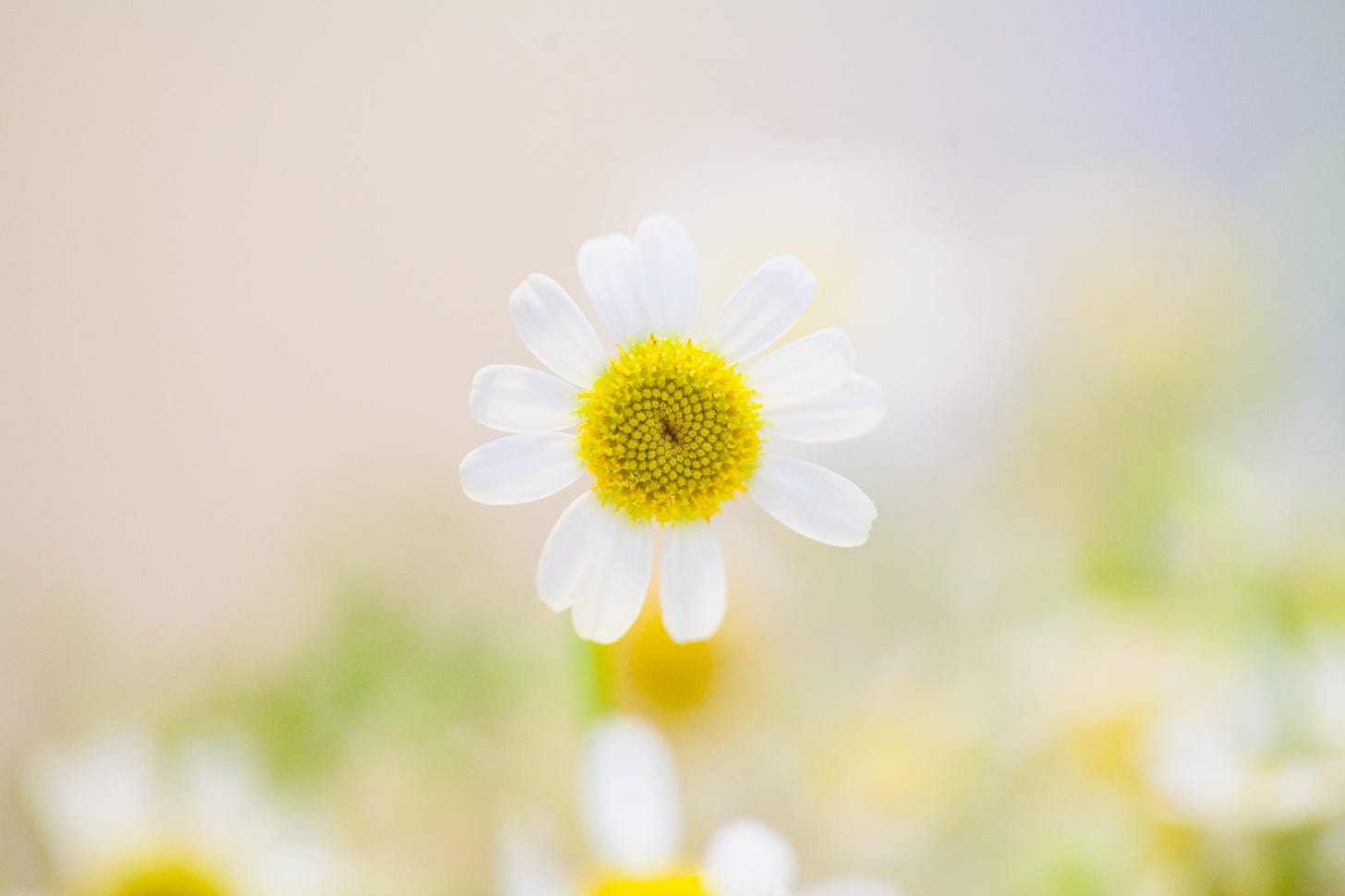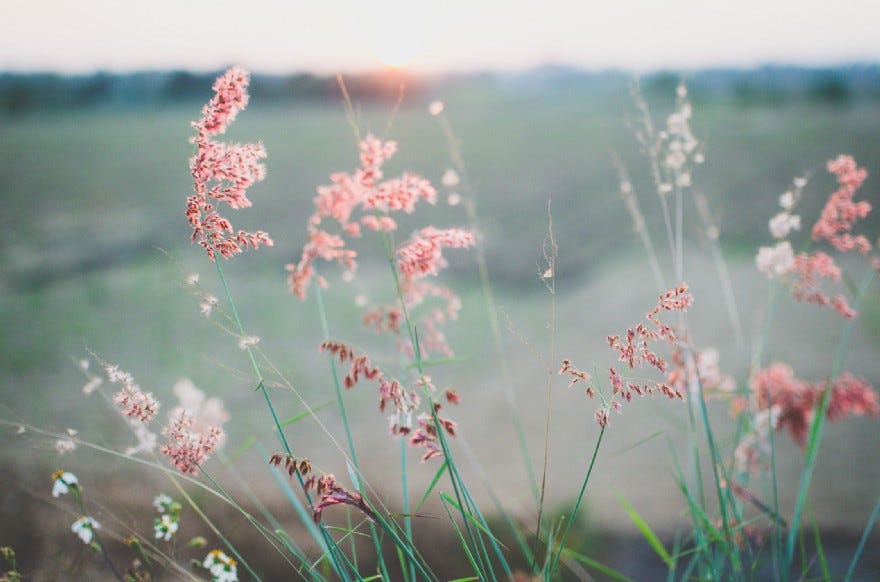The Real Cost of Your Drinking Isn’t Revealed Until Long After You Quit

I’ve been sober for over five years now, but I never intended to quit drinking forever. Back in 2016, I just wanted a break. A year without drinking felt like a meaningful challenge. As I failed to stay off the booze, in spite of how much I wanted to, I began to understand that maybe I couldn’t in fact quit whenever I wanted.
AA, podcasts, sobriety memoirs, SMART, I spent hours learning about addiction and trying to work out if I had become addicted… I didn’t feel addicted - I didn’t fit the idea of the addict I held in my head - but it had been impossible to quit drinking by myself. Was addiction the reason why?
For the first time, I threw everything I could at my goal of staying sober. Rather than simply making a promise to myself and telling my dearest drinker pals, I sought guidance from people who had managed it themselves. I so badly wanted to achieve my year without drinking. And none of my previous tactics had worked.
I had no idea how much my life would change over the next twelve months. And I had no idea how much my beliefs would change.
For most of that first year, I switched between believing I was overreacting and my problem wasn’t that bad and believing that alcohol had already ruined the best years of my life and that quitting was The Most Important Thing.
When I compared myself to the rehab attendees and the women who had lost their kids and the men living in dry houses, I felt like a total fraud asking for help to quit drinking. But when I compared myself to the successful non-drinking types I was beginning to register, I could easily see the wreckage beer had caused in my life.
Five years on, I have little doubt left at all about how bad my drinking was. After more than twenty years of drinking, many things had been destroyed, and these days I find it easy to see that.
So here it is, the real cost of my drinking.
Self-discovery
Life is about learning who you are, what your skills are, and how you can use these to making the world a slightly better place. Childhood and adolescence are crucial times to discover this information and find where you fit in this complex, dangerous and wonderful world.
If you develop a drinking problem, this process gets derailed, and it can be tough to get back on track. The binge drinking habit I developed in my teens continued into my thirties. Many weekends were spent hammered and so I missed out on discovering who I was and how I could contribute, and build a meaningful life.
By the time I attempted a year sober, aged 33, I felt low, lost, and disconnected from the world around me. Years of self-discovery were gone and I had done a lot of damage to myself. It took a long time to get myself to an okay place. And I will never know what I could have achieved in my life if I hadn’t spent so many years cha-bongered.
Self-acceptance
We are all imperfect, and the sooner we accept that the sooner we learn to be okay with ourselves and this whole being alive thing. Life is about learning to understand and accept your own gifts and limitations in order to make a life that suits you, in which you can feel ok about who you are and your choices.
The self-discovery I missed out on left me unable to know or accept myself, which impacted my ability to make healthy decisions. When things fell apart, which they did, often, I drank to numb the pain, rather than truly feeling it, learning from the experience and being motivated to change.
I felt unlucky and doomed, without recognizing I had a hand in the failures I was experiencing. Alcohol made me feel better (temporarily) and it prevented me from learning from my most serious mistakes. Sometimes, it drove me to make new ones. I wasn’t willing or able to take a serious look at myself, and so I was doomed to repeat my negative patterns.
This made me hate myself, which pushed me to crave self-destruction. I wanted to forget who I was. To disappear for a while. To get a break from being me. I was trapped for years in this damaging cycle.
And there were also the things I could have been doing instead. Can you even imagine who you might have been if alcohol had never been a part of your story? Honestly, I still find this a painful thought experiment.
Honest, loving relationships with my family
My inability to know and accept myself meant I struggled to be honest with people — including own family. Including myself. This was partly due to the family/cultural style of relating I learned growing up; a stiff upper lip combined with drinking through the good and bad times doesn’t really teach the tools required to explore one’s inner world. For years, I accidentally kept my distance from the people who knew me best.
In the process of getting sober, I got in touch with my internal barometer and learned to share more honestly what was really going on for me. Five years on my relationships continue to strengthen and deepen in ways that are new and wonderful to me.
If I hadn’t asked for help to quit, I might never have known the dimensions that were missing from my relationships.
When I got sober, I had no idea why I drank
I believed that I drank as much as I did because I loved it. And because I needed it. My beliefs around this have changed so dramatically over the last five years that it feels like being a different person. The only regret I have about being a non-drinker is that I didn’t start much, much sooner. Life sober gives me more joy and fulfilment than life drinking ever did.
I’m catching up on the self-discovery, self-acceptance and relationship building that I missed out on, but I can still occasionally feel grief over how much life, growth and development I have missed because of my unhelpful habit.
It isn’t only the time wasted drinking and hungover, but the time it took to get sober, and to try and make sense of a chaotic past, too. Booze created a huge obstacle that I had to overcome in order to get to the part where I find myself now, where I can simply enjoy my life.
I can’t tell you whether you have lost enough through your drinking to warrant abstinence. But I can tell you that if you think your drinking is a problem, then it is. And experience shows me there’s a good chance the scale of the problem is greater than you realize.
As they say in AA to drinkers who get into trouble with their drinking: the best time to get sober was ten years ago. The second best time is today. So take a leaf out of my book, and ask for help if you are struggling. Tell yourself that it is that bad, and you deserve better. Because it’s true.
If you appreciate my writing and believe writers should get paid, consider signing up for a paid subscription. Early adopters go to heaven! : D
And if you can’t afford to pay, but want to help then share this with friends who might appreciate it, then I thank you.
If you need help to cope with life, you’re not alone.
If you’re ready to try something different from drinking, read beautiful hangover and discover what I did to get freedom from alcohol. Do whatever it takes to stay sober for 30 days: go to your doctor, try Smart or AA or Hip Sobriety or Soberistas.
Listen to Recovery Elevator and SHAIR podcasts. Read This Naked Mind. Try Moderation Management.
There is a whole community of people waiting to help you. Reach out. Something better is waiting.
Sign up for my latest work at beautiful hangover ❤
Chelsey Flood is the author of Infinite Sky and Nightwanderers, and a senior lecturer in creative writing at UWE University. She writes about freedom, addiction, nature and love at Beautiful Hangover, autism and self-compassion at Polite Robot, and is also working on a non-fiction book about getting sober, and a new YA novel.




